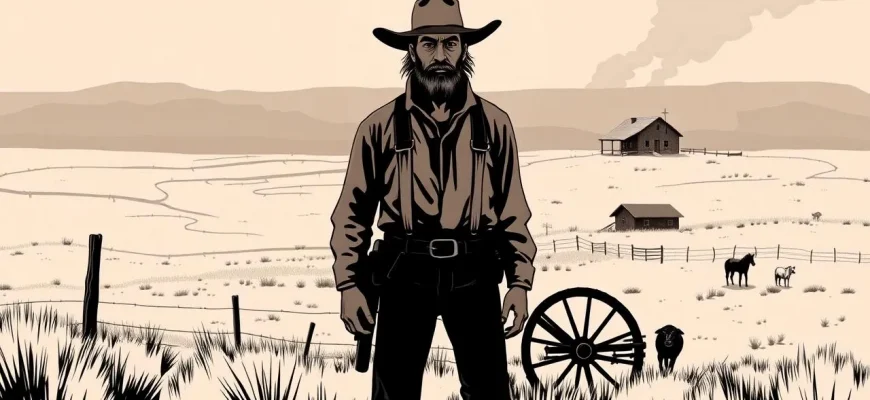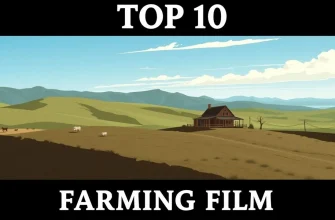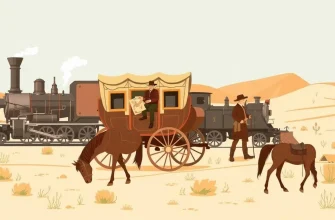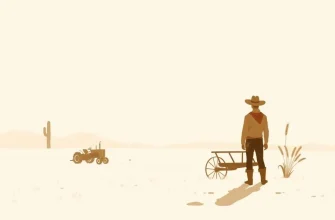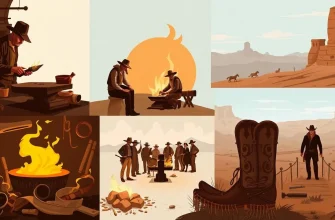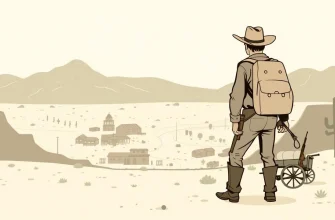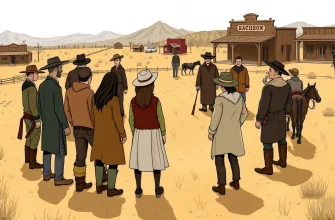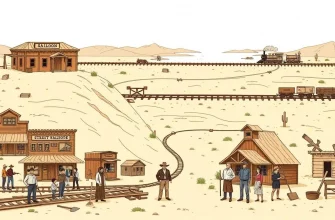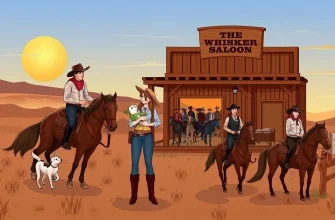The Old West was not just about gunfights and outlaws; it was also a time of hard work, where farming was a way of life for many. These films delve into the challenges and triumphs of those who tilled the land in the rugged landscapes of the American frontier. From tales of homesteading to the struggles against nature and man, these movies offer a unique perspective on the Western genre, showcasing the grit and determination of those who made their living from the soil.

The Big Country (1958)
Description: This epic Western explores the clash between a sea captain and the ranching families in the West, highlighting the importance of land and the struggle for control over it.
Fact: Gregory Peck, who plays the lead, was actually afraid of horses, making his role as a cowboy quite ironic. The film was nominated for two Academy Awards, winning one for Best Original Score.
 Watch Now
Watch Now 
The Sundowners (1960)
Description: This film follows an Australian family of sheep drovers who dream of owning their own farm, capturing the essence of the outback life and the desire for a settled existence.
Fact: Deborah Kerr won a Golden Globe for her role in this film, and it was nominated for five Academy Awards.
 Watch Now
Watch Now 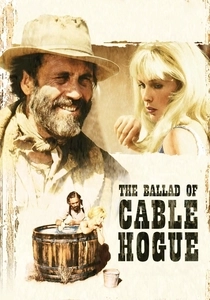
The Ballad of Cable Hogue (1970)
Description: This quirky Western follows a prospector who, after being left to die, finds water and builds a way station, showcasing the entrepreneurial spirit of the West.
Fact: Sam Peckinpah, known for his violent Westerns, directed this more comedic and light-hearted film. It was one of his personal favorites.
 Watch Now
Watch Now 
The Last Picture Show (1971)
Description: While not strictly about farming, this film captures the decline of a small Texas town, where ranching and farming are integral to the community's identity.
Fact: The film was shot in black and white to evoke the feel of the 1950s, and it launched the careers of several young actors, including Jeff Bridges and Cybill Shepherd.
 Watch Now
Watch Now 
The Cowboys (1972)
Description: When his ranch hands leave for the gold rush, a rancher hires schoolboys to drive his cattle, showing the harsh realities of ranch life and the coming of age of young men.
Fact: John Wayne, known for his tough guy roles, plays a softer, more paternal character in this film. It was also one of the last films he completed before his death.
 Watch Now
Watch Now 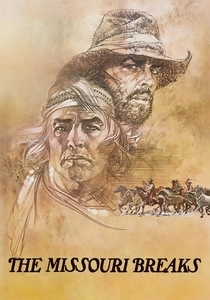
The Missouri Breaks (1976)
Description: This film pits a cattle rustler against a hired killer, set against the backdrop of the changing landscape of the West, where farming and ranching are central themes.
Fact: It was the only film to star both Marlon Brando and Jack Nicholson, who had a famously contentious relationship on set.
 Watch Now
Watch Now 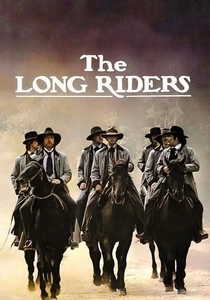
The Long Riders (1980)
Description: This film tells the story of the James-Younger Gang, focusing on their attempts to settle down as farmers, only to be drawn back into a life of crime due to circumstances.
Fact: The film uniquely cast real-life brothers to play the brothers in the gang, including the Keach brothers, the Carradine brothers, and the Quaid brothers.
 Watch Now
Watch Now 
The Man from Snowy River (1982)
Description: Set in the Australian outback, this film follows a young man's journey to prove himself as a cattle drover, showcasing the rugged beauty of the land and the harsh realities of ranch life.
Fact: The film was inspired by the poem of the same name by Banjo Paterson. It was a massive hit in Australia, leading to a sequel and a TV series.
 Watch Now
Watch Now 
The Horse Whisperer (1998)
Description: While not a traditional Western, this film focuses on a rancher with a special gift for healing horses, exploring themes of land, nature, and personal healing.
Fact: The film was adapted from a novel by Nicholas Evans. Robert Redford, who also directed, was known for his love of horses, which added authenticity to the film.
 Watch Now
Watch Now 
The Far Country (1954)
Description: James Stewart stars as a cattle driver who ends up homesteading in Alaska, facing off against corrupt officials and harsh conditions to protect his land.
Fact: Much of the film was shot on location in Canada, providing authentic backdrops for the Alaskan setting. Stewart's character, Jeff Webster, was one of his more morally ambiguous roles.
 30 Days Free
30 Days Free 
